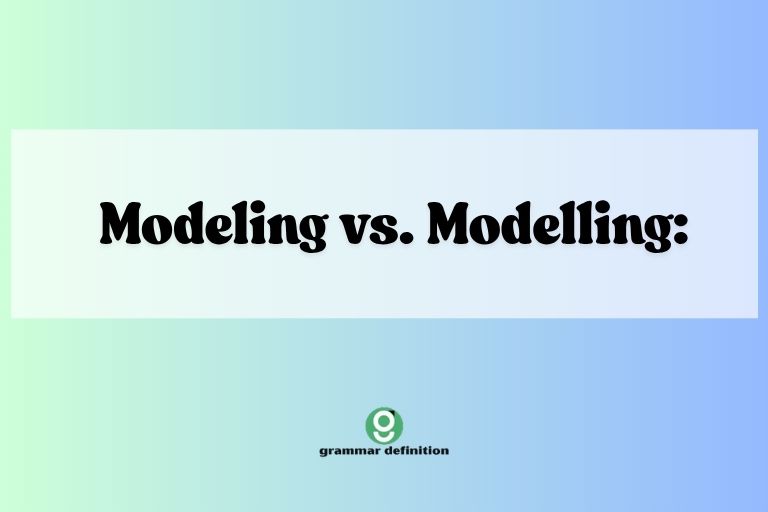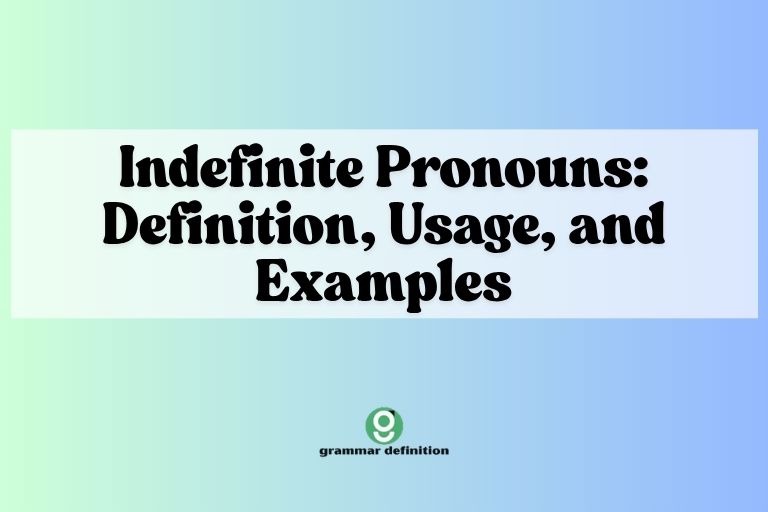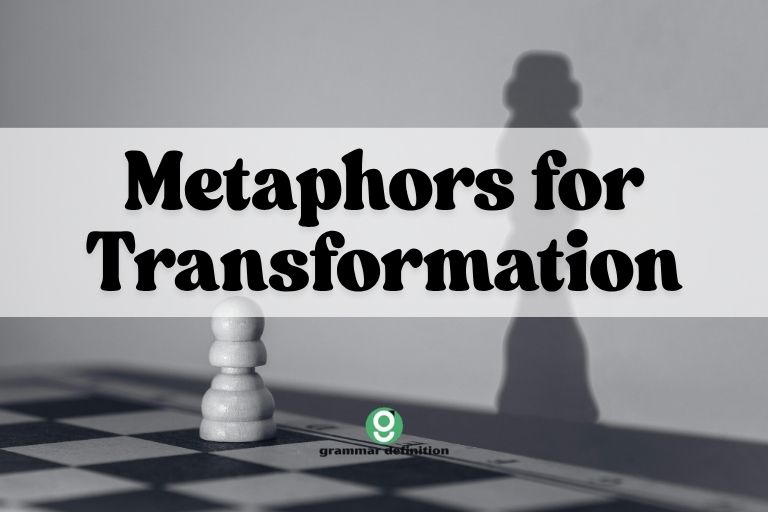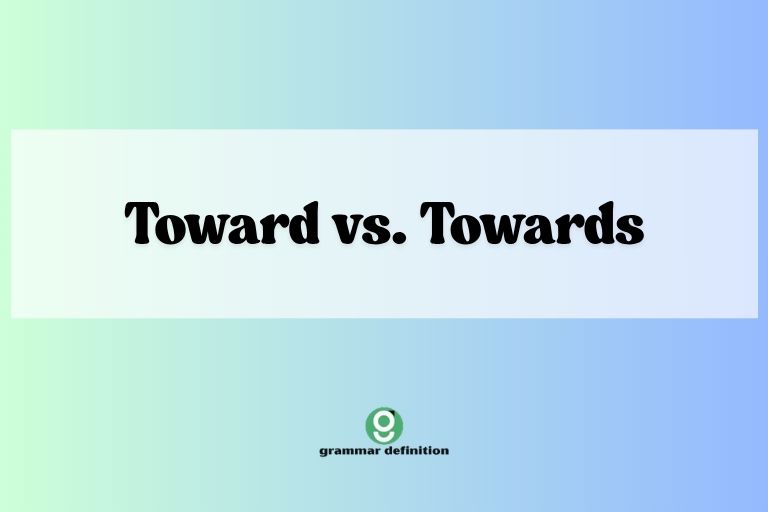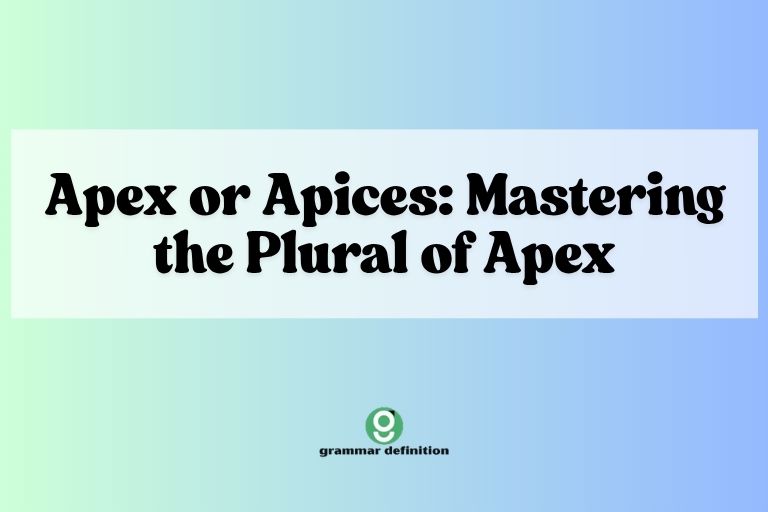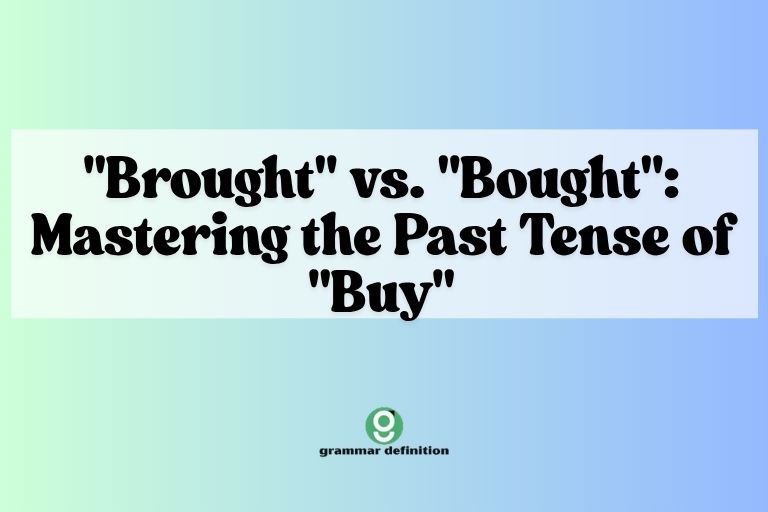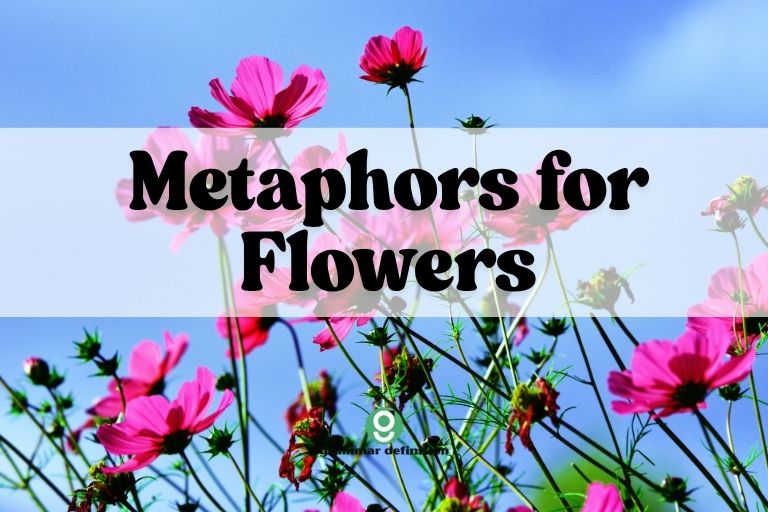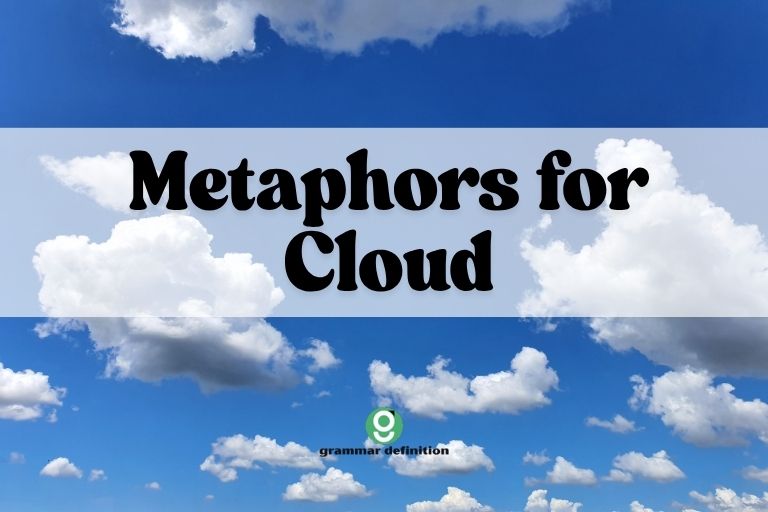Modeling vs. Modelling: A Comprehensive Grammar Guide
Understanding the difference between “modeling” and “modelling” is crucial for clear and effective communication in English. While both words refer to the same concept, their usage varies depending on the region. This article provides a comprehensive guide to these terms, covering their definitions, structural differences, usage rules, and common mistakes. Whether you are a student, … Read more

